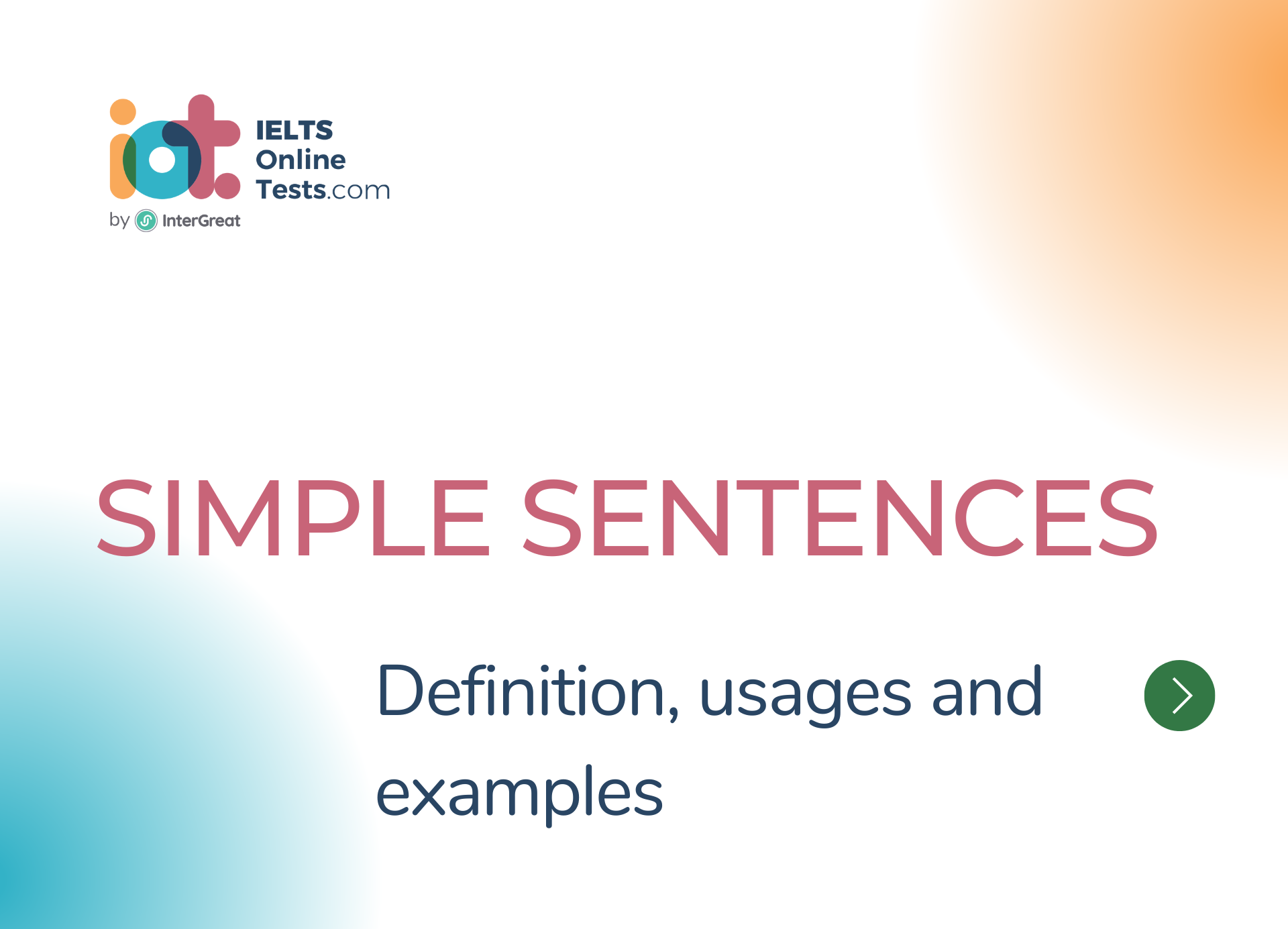
Simple sentences
Simple sentences are basic sentence structures that consist of a single independent clause. They express a complete thought or idea.
Here are some additional details about simple sentences:
Independent Clause:
- A simple sentence contains one independent clause, which is a group of words that includes a subject and a predicate and can stand alone as a complete sentence.
- The subject is typically the noun or pronoun that performs the action or is described in the sentence.
- The predicate includes the verb and any additional words or phrases that provide information about the subject.
- Examples:
- "She sings beautifully."
- "The cat is sleeping."
- "They are studying for the exam."
Structure:
- Simple sentences have a straightforward structure with one subject and one predicate.
- They can be composed of just a subject and a verb, or they can include additional elements such as objects, complements, or modifiers.
- Examples:
- "I love pizza." (subject + verb)
- "John plays the guitar." (subject + verb + object)
- "The movie was exciting." (subject + verb + complement)
Expressing Complete Thoughts:
- Simple sentences express complete thoughts or ideas on their own.
- They are concise and convey information without relying on additional clauses or phrases.
- Examples:
- "I am happy."
- "She ran to catch the bus."
- "The flowers bloomed in the spring."
Simple sentences are commonly used in everyday communication. They provide clear and straightforward expressions of thoughts or ideas. Understanding how to construct and use simple sentences is essential for effective communication in both spoken and written English.




